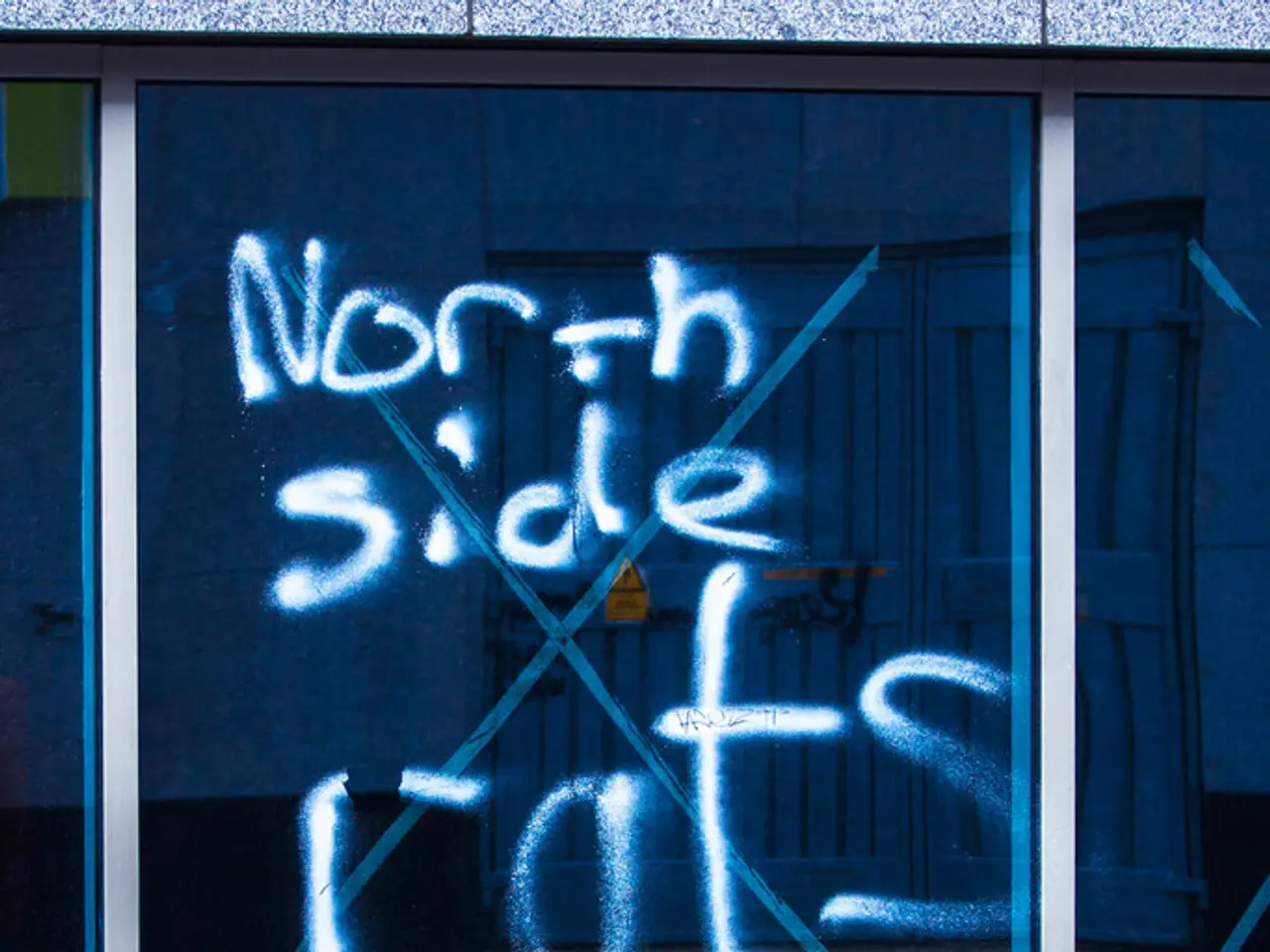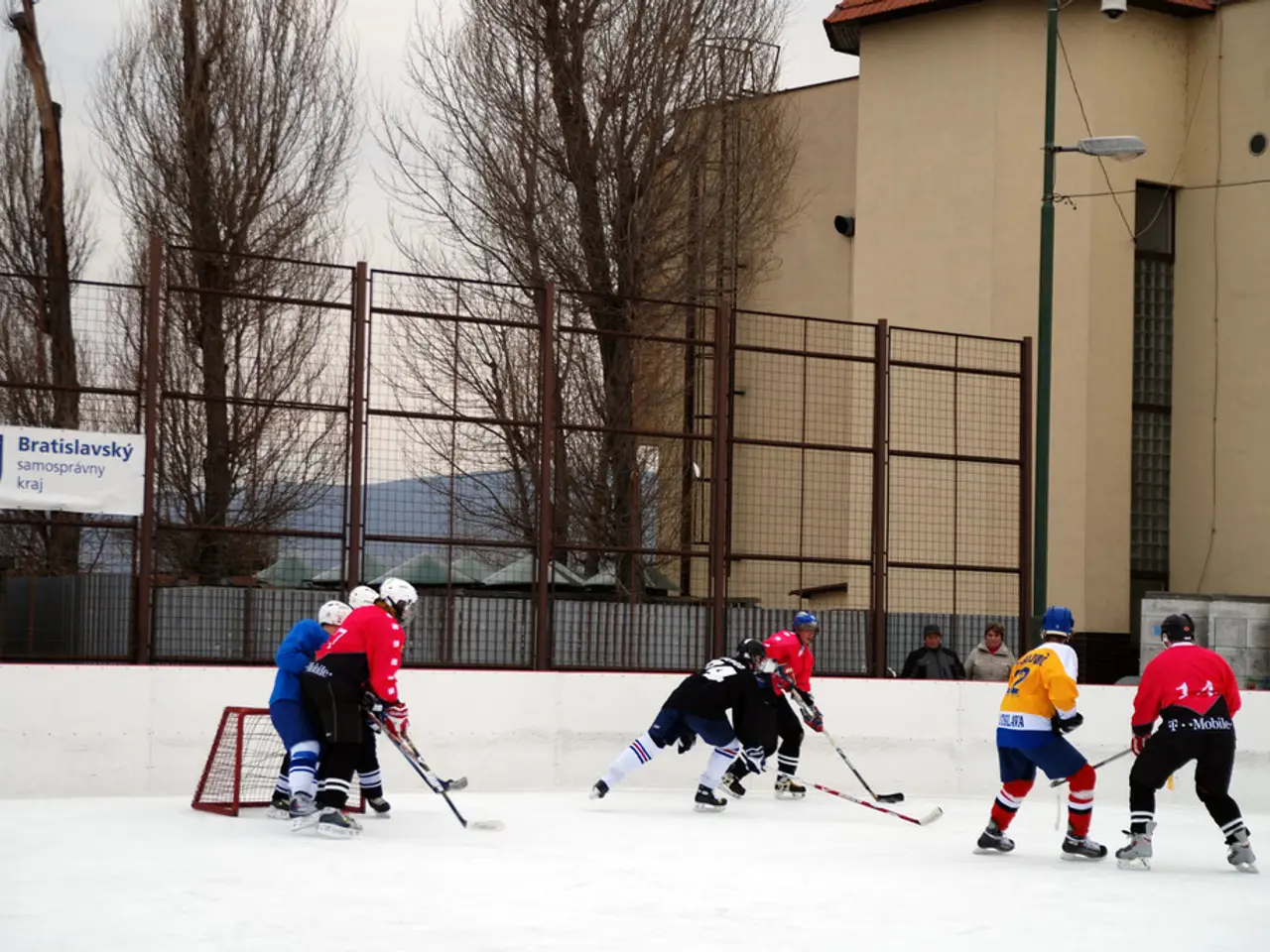Anticipates Hold-ups in Crossing Borders by Poland
### Border Controls and Migration: A Contentious Issue in Germany and Poland
Recent developments have seen both Germany and Poland implementing temporary border controls, aimed at managing irregular migration. These measures have sparked controversy and raised questions about the management of migration flows within the Schengen free-travel zone.
#### Germany's Border Controls
Since October 2023, Germany has been enforcing border controls, resulting in approximately 1,300 rejections at the German-Polish land border as of May 8, 2025 [5][6]. These controls are part of an ongoing effort to stem the flow of unauthorized migrants.
#### Poland's Response
In response to the German border controls, Poland has announced plans to reintroduce temporary border controls with Germany and Lithuania, effective from July 7, 2025 [1][3][4]. This move is a response to concerns about migrants being sent back from Germany to Poland, a situation that Polish Prime Minister Donald Tusk has described as testing Poland's patience [1].
#### Military Deployment and Schengen Impact
To enhance control over irregular migration, Poland plans to deploy up to 5,000 soldiers to its borders with Germany and Lithuania [4]. However, this move, along with the reintroduction of border controls, has further strained the Schengen free-travel zone, with concerns that stricter border controls may weaken the agreement [2].
#### Collaborative Efforts
Despite the tensions, both Germany and Poland are engaged in discussions to address migration issues collaboratively. Both countries acknowledge the shared challenge of managing migrant flows and are exploring ways to work together [1].
#### Far-right Activities and Political Posturing
The situation at the border has become a contentious issue in Poland, with far-right activists from the "Movement for the Defense of Borders" organizing civilian patrols along the border [7]. Additionally, representatives of the right-wing conservative opposition party PiS have accused the pro-European government of accepting a large number of migrants from Germany [8].
However, the government spokesman, Szlapka, has denied the PiS politicians' portrayal of large numbers of migrants crossing the border, stating that the situation is under control [9]. The PiS and the future president supported by them, Karol Nawrocki, have praised the actions of the far-right activists [10].
Asylum seekers can now be rejected at the border in Germany, with one application being filed in about every tenth case of border rejections [1][2]. This relatively low number of asylum applications suggests that the impact of the border controls on the asylum-seeking population may be limited.
This article provides an overview of the current issues and recent developments surrounding border controls and migration in Germany and Poland. As the situation continues to evolve, it is crucial to monitor these developments and consider the potential implications for both countries and the Schengen free-travel zone.
- The controversy over border controls in Germany and Poland has extended into the realm of politics, with far-right activists and political parties voicing their opinions on migration management, particularly in Poland.
- The extent of military deployment and stricter border controls in Poland and Germany has raised concerns about the potential impact on the Schengen free-travel zone, highlighting the complex interplay between transport, migration, and politics.








